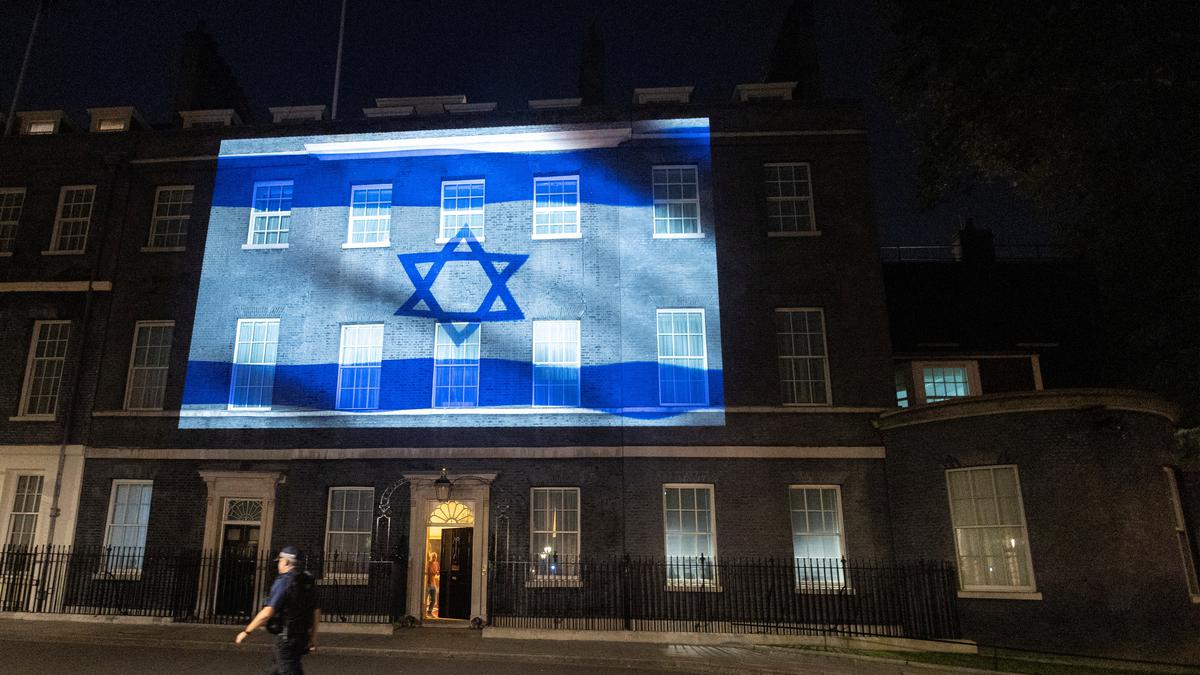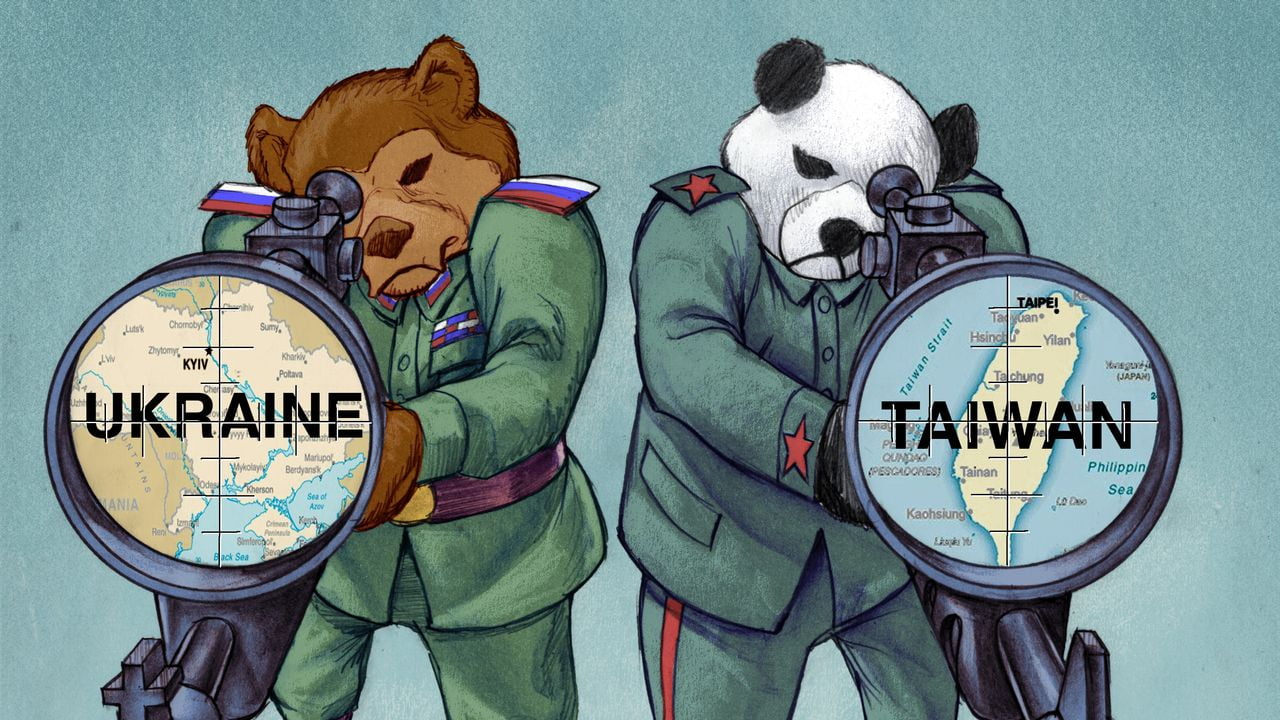In the modern era, warfare has transcended traditional battlefields and expanded into the digital realm. The Israel-Hamas war serves as a poignant example of how information warfare (IW) has become a critical component of contemporary conflicts. Information warfare (IW) is a strategic endeavour that leverages information and communication technology (ICT) as a weapon to gain advantages over adversaries. Unlike cyber warfare, which targets systems and infrastructure, IW focuses on manipulating the flow of information itself. This can include propaganda, disinformation campaigns, hacking and social media manipulation. In the context of the Israel-Hamas conflict, IW has emerged as a pivotal tool for both sides to influence public opinion and shape international perceptions.
The 2023 Israel-Hamas War
The Israel-Hamas conflict has a long and complex history, but a significant escalation occurred on October 7, 2023. Hamas, the militant group controlling the Gaza Strip, launched a surprise attack on Israel, resulting in tragic loss of life on both sides. According to Israel, 253 Israelis and foreigners were kidnapped by Hamas on 7 October 2023. Of those taken, 130 remain unaccounted for. Israel said on February 13 that at least 29 of them had passed away. Israel’s war on Gaza has killed at least 30,228 Palestinians, according to the Gaza Ministry of Health as updated on March 2024. Both sides provide different perspectives and narratives and it is often difficult to understand the reality of the situation.
How Planned Information Campaigns Shaped International Narratives of Israel-Hamas War?
All the views and opinions expressed are those of the author. Image Credit – The Hindu.
About the Author
Shrabana Kundu is a staff writer at The Viyug. She is currently pursuing Master of Arts (MA) in International Relations at Amity University. She holds a Bachelors degree in Political Science & Government from Calcutta University.



